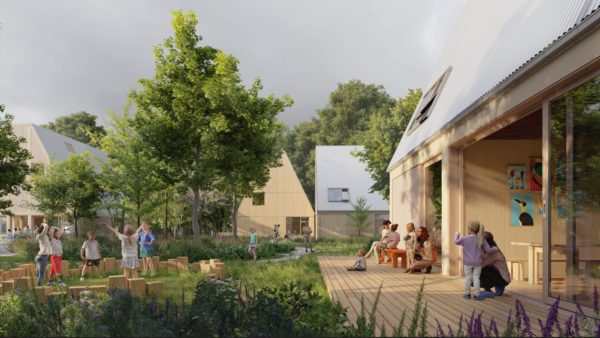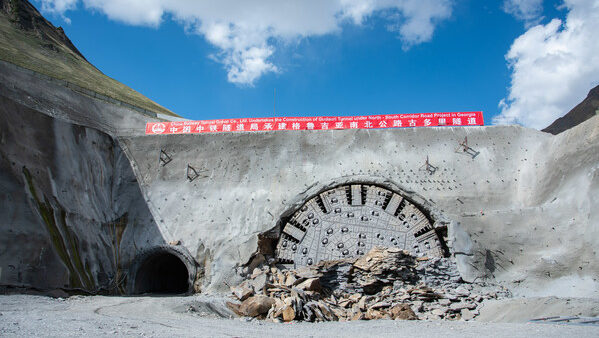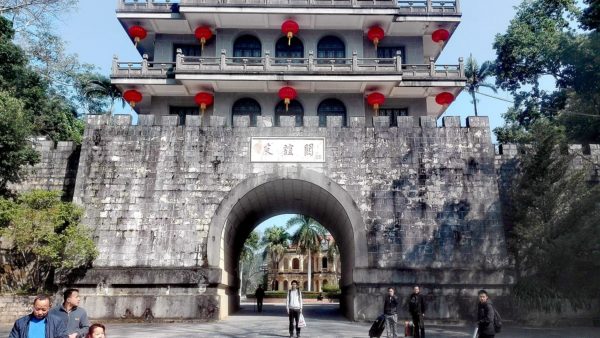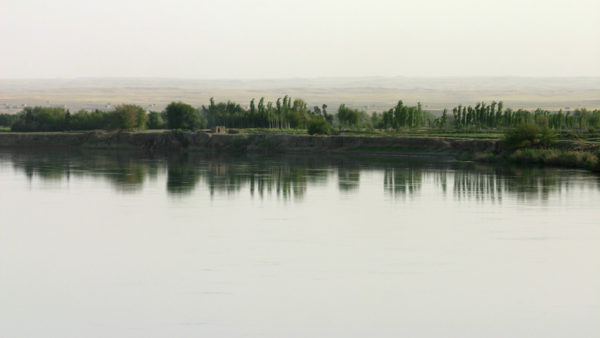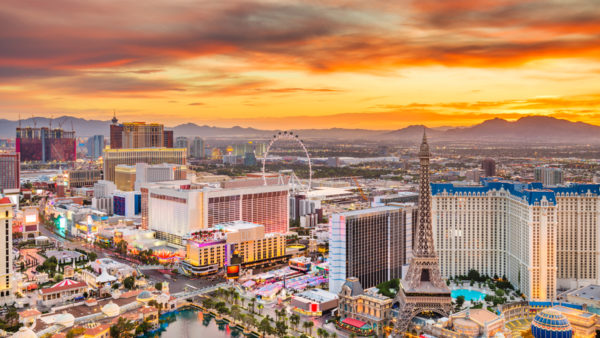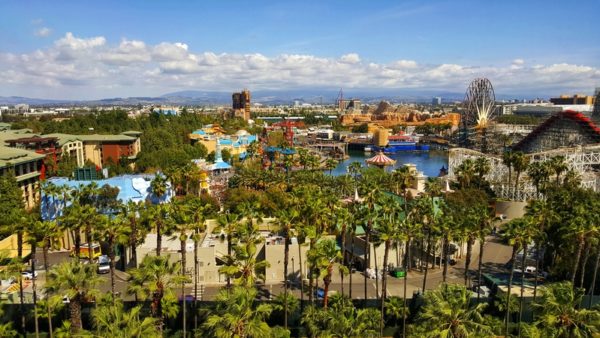As well as deciding which presidential candidate should get California’s 55 electoral college votes, the citizens of the Golden State have a list of 17 other measures to decide today – some of them with weighty consequences for its infrastructure.
The most important of these is proposition 53, also known as "the no blank cheques initiative". This would amend the state’s constitution so that it would be unable to issue infrastructure revenue bonds for more than $2bn without voter approval.
At present, the Californian government has to call a vote over general obligation bonds, which are repaid out of state taxes, but does not have to with revenue bonds, which are repaid from money raised by the asset, for example road or bridge tolls.
Proposition 53 would make megaprojects subject to referendums, creating another barrier to their realisation.
The change would affect one scheme being built now – the $64bn high-speed rail link between Los Angeles and San Francisco – and one that is planned for the near future: a $17bn proposal to excavate two tunnels under the San Joaquin delta to bring water to the south of California from its northern mountains.
The rail scheme already passed one state-wide funding ballot held back in 2008. However, it will face tougher tests in the future if the amendment is approved.
Backing Proposition 53 is the Californian Republican Party, the Libertarian Party and a wealthy farmer in Stockton named Dean "Dino" Cortopassi, who put the proposition forward and has spent some $5.5m of his own money funding the campaign in favour of it.
"Dean Cortopassi is personally funding this to stop [California governor] Jerry Brown’s bullet train, his state water projects and anything else he can," Ange-Marie Hancock, associate professor of political science at the University of Southern California, told CBS Los Angeles.
"On the other hand, construction companies are fighting the initiative because they want to build those things."
State officials, unions and business groups have raised more than $20m to defeat proposition 53.
"Snouts in the trough"
Opponents of the measure argue that, as well as adding greater uncertainty and cost to the rail link, it would make it harder for local governments to band together to build infrastructure projects.
As Loren Kaye, president of the California Foundation for Commerce and Education, told the KCRA radio station: "Airports are financed through revenue bonds. Toll bridges are financed by revenue bonds; big water projects are financed by revenue bonds."
Governor Brown has said the proposition would risk "utter economic catastrophe for California", and "more lawsuits and delays that California doesn’t need".
But allies of Cortopassi respond that big projects are simply being held to the same standard as local ones. They also point to a scheme such as the replacement of the eastern span of the Bay Bridge, which has gone billions of dollars over budget, as something that should have had voter approval.
Cortopassi, who identifies as a libertarian Democrat, told the WSJ that his opposition to the state spending was not connected to his landholding in San Joaquin, which would be bypassed by the proposed water tunnels. He said: "Every porker has their snout in the public trough lined up on the other side".
Elsewhere on the ballot
As well as proposition 53, voters will be saying yes or no to several other questions with implications for the built environment.
One is Proposition 51, which would authorise $7bn to build schools and $2bn to build community colleges. California voters have not approved a school construction bond since 2006; the fund is depleted and Proposition 51 would replenish it.
Another is Proposition 64, legalising the recreational use of marijuana for anyone aged over 21. In other states where this has passed, it has led to a boom in property prices, particularly in areas suffering from economic depression. Some areas of Colorado have become dominated by the industry. According to one local newspaper, out of 115 commercial building permits issued in Pueblo County, a former steel-making area, 74 were cannabis-related.
Areas of desert land in California have already experienced a boom in property prices following the state’s legalisation of cannabis for medical use. In Desert Hot Springs, the first city in southern California to approve large-scale medical marijuana cultivation, desert land with no utilities or roads has been selling at five times the usual price to buyers from around the world.
With so much of consequence to decide at a local level, it is hoped Californians can also keep a clear head while voting for the 45th President of the United States.
Image: California is set to be first US state to build a high-speed rail line (CAHSR)
Further Reading:





